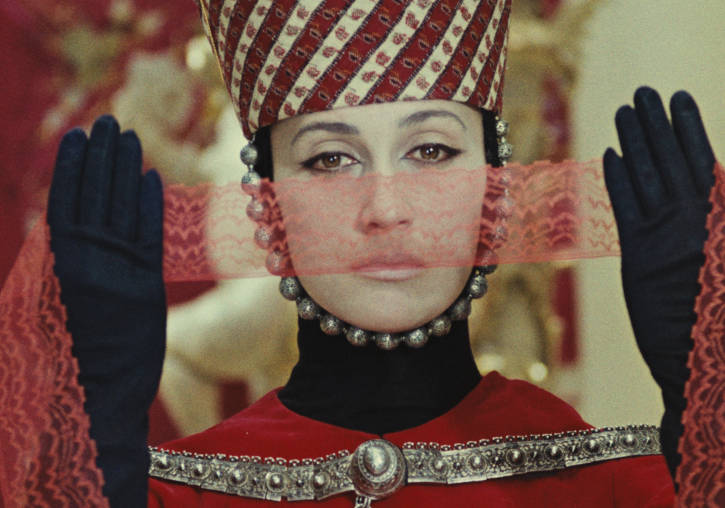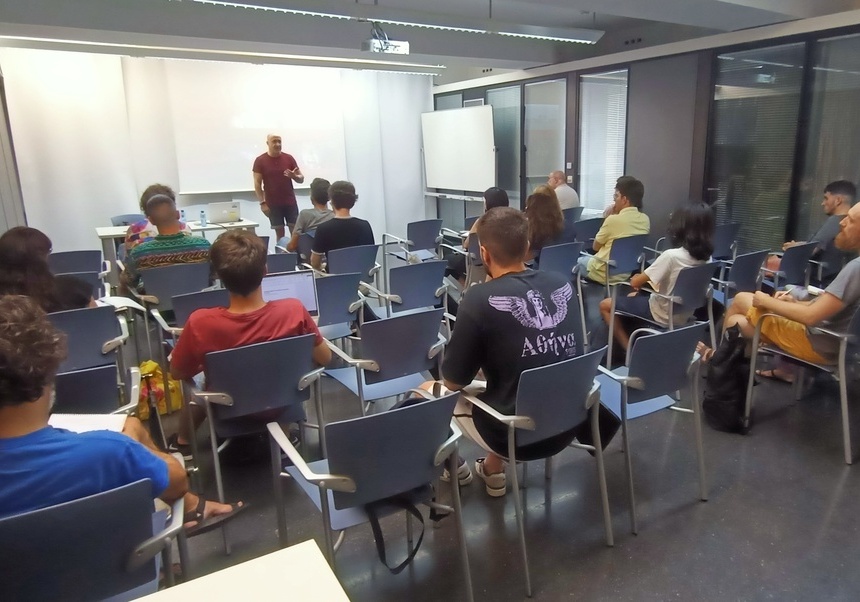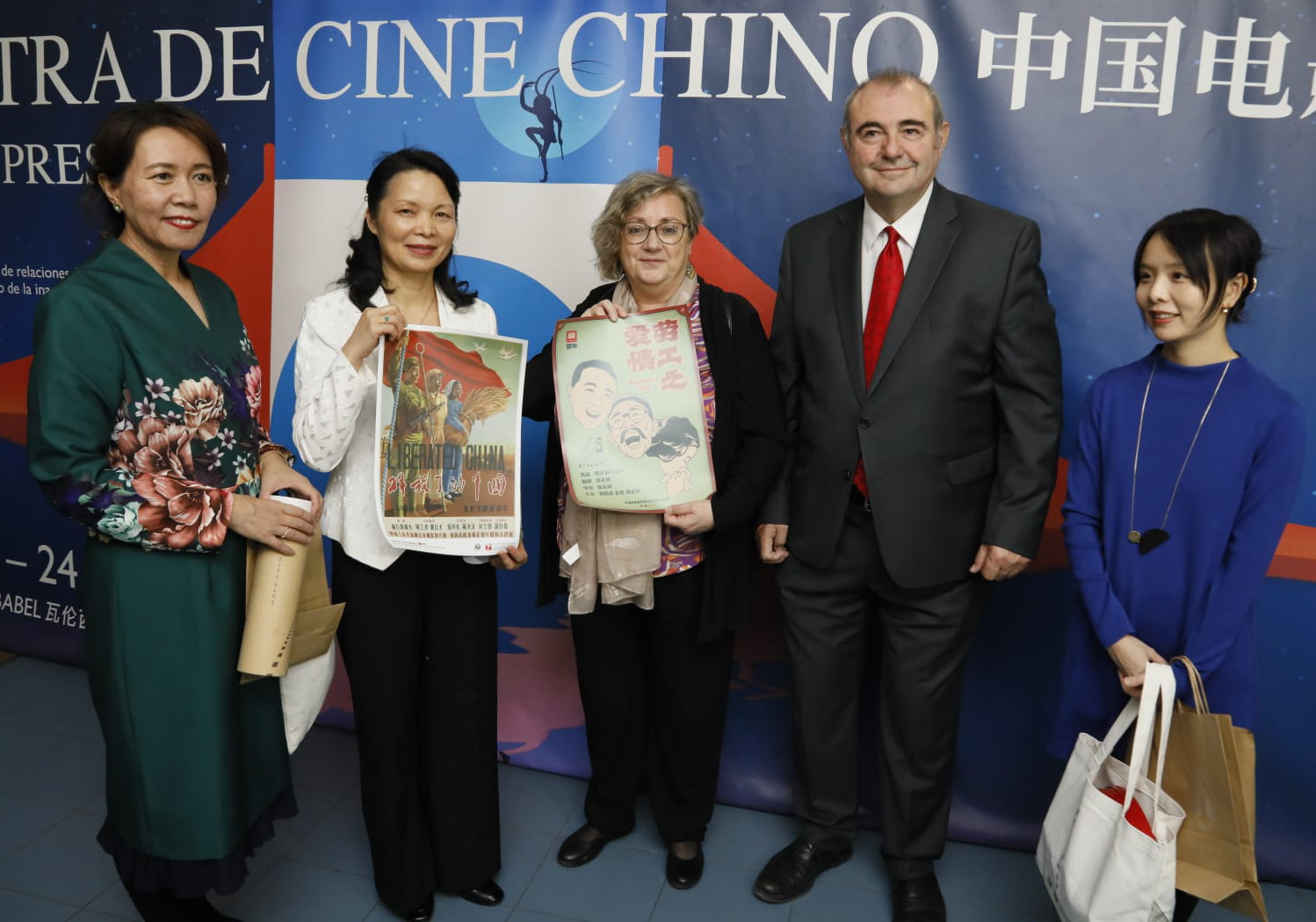A cycle on Armenian history and culture opens the film program of 'Cultura als Campus' in Tarongers
- UV General Foundation
- February 18th, 2023

The Aula of the Cinema of the University of Valencia brings its programming to each of the university campuses through the program of the Vice-Rectorate for Culture and Society 'Cultura als Campus'. After passing through Blasco Ibáñez, it now arrives at the Tarongers Campus with the cycle 'Armenia or the need for memory', which will screen three films between February and March.
The screenings will take place in the lobby of the Faculty of Law, always at 5:30 pm.
This is a program that, in the words of the academic director of the Aula, Professor Luis Pérez Ochando, "can be especially interesting for the faculties present on the Campus. We believe that the issues addressed in the films, which range from social anthropology, collective memory, human rights or international law, may be of interest to general students, but also to students interested in audiovisuals, who will find here a selection of titles of extraordinary cinematographic quality".
Therefore, the cycle will kick off this Thursday, February 23, with the screening of 'Honor' ('Namus', Amo Bek-Nazaryan, 1925), the first Armenian film that, despite its financing of Soviet origin, moves away from politics and focuses on the traditional community, its customs, culture and opinions, giving the film an important documentary and anthropological value. This will be followed by a debate to explore traditional Armenian culture by Luis Pérez Ochando and cultural journalist Eduardo Almiñana.
On March 2, Virginia Mendoza, social anthropologist and journalist, will talk about the screening of 'The Color of Pomegranates' ('Sayat Nova', Sergei Parajanov, 1969), a poetic, melancholic, beautiful and sometimes cryptic story. According to Professor Pérez Ochando, "it is one of the best films in the history of cinema", which highlights the capacity for resistance and survival of Armenian culture through the life of the musician and poet Sayat-Nová and all the symbolism that goes with it.
'Ararat' (Atom Egoyan, 2002) is the third and last title of this cycle that can be seen on March 23, which deals with the Armenian genocide in the massacre of Van from the shooting of a film on this subject, a holocaust already forgotten by the international community that wants to be remembered and activate the mechanisms to overcome the collective trauma caused. "This film therefore offers an excellent opportunity to reflect both on the genocide and the Armenian diaspora and on the need for memory or human rights," concludes the director of the Aula.
More information:
File in: Cultura , Cinema , Fundació General UV , Aula de Cinema
















